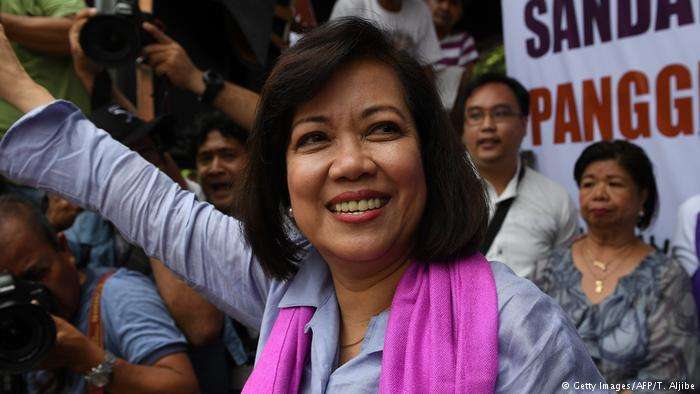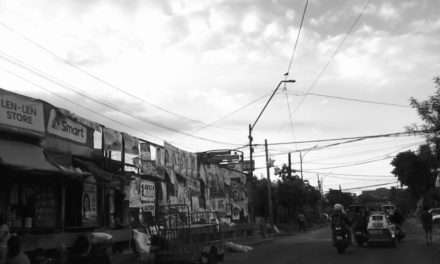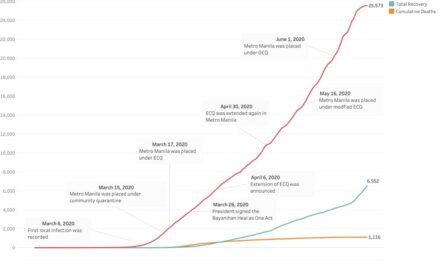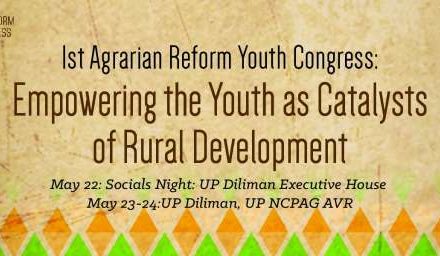Laws and policies have not always been on the side of the people. For the basic masses—workers, farmers, indigenous peoples, urban poor, especially the women from these basic sectors—the country’s legal and justice systems have also often times failed to protect their rights and interests. But to be totally without rule of law, to cause the collapse of already weakened democratic institutions and processes is more dangerous. Such situation puts the people at the mercy of regimes such as Mr. Duterte’s who acts in contempt and abuse of the Constitution and people’s rights, and therefore with impunity. This was what happened on May 11th with the ouster of Chief Justice Sereno through an unprecedented, deemed unconstitutional means, the issuance of quo warranto against her, at the behest of the executive.
The Philippine Constitution and the laws that have emanated from it especially as a result of people’s movements and struggles constitute a significant frontier of defense for people’s rights, so that no president or person in power can be above the law; so that there will be space for dissent and opposition needed to call on abuse of power. The rule of law prevents our society from descending again into a situation where political power is centralized under strong man rule, rendering the legislature a rubber stamp and the judiciary as untrustworthy and beholden to political interests.
Beyond the person of Chief Justice Sereno, what was attacked last Friday was the judiciary—was democracy—and whatever semblance of checks and balance had still existed, thereby paving what could be the final descent into authoritarian rule. What is left now to the people is to push back and defend democratic space for dissent and resistance.






![[IN PHOTOS] In Defense of Human Rights and Dignity Movement (iDEFEND) Mobilization on the fourth State of the Nation Address (SONA) of Ferdinand Marcos, Jr.](https://focusweb.org/wp-content/uploads/2025/07/1-150x150.jpg)



